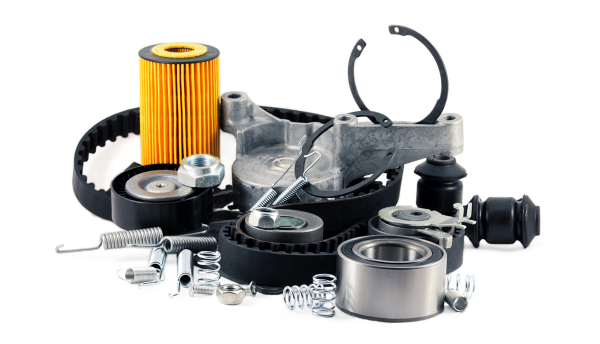
Halla Visteon Climate Control (HVCC) will set up a new manufacturing plant in Atibaia, São Paulo (Brazil), to meet growing demand for its heating, ventilation and air conditioning (HVAC) components in the region, the company said in a press release. “We are pleased to further expand HVCC’s global footprint to South America and capitalise on business growth in this region,” said Brian G. Sullivan, president of HVCC in the Americas.
The plant, HVCC Climatizações do Brasil Indústria e Comércio Ltda., is HVCC’s first production base in South America. It will have manufacturing space of 32,000 square feet and room for further expansion. The plant is expected to begin production in the second quarter of 2014. It will initially assemble HVAC components for its customers in South America. At full production, the plant is expected to employ nearly 100 hourly and salaried employees.
Significance: Earlier this year, Visteon formed HVCC by merging its Climate business with its Korean subsidiary Halla Climate Control (HCC). The merger made HVCC the world’s second largest supplier of HVCC components after Denso, in term of sales. Visteon continues to retain 70% stake in the new subsidiary. HVCC is expanding its global presence since its formation. In the past six months, the company has opened a new manufacturing plant in Russia and completed capacity expansion projects in Czech Republic and the US. The latest expansion increases HVCC presence to 19 countries across major automotive markets.
Brazil is pursuing automakers and suppliers to increase localization. This has led several automakers to announce plans to set up manufacturing plants in the country, which is the biggest automotive market in South America. In September 2012, Hyundai commenced operations at its first manufacturing plant in Brazil. Earlier this month, Jaguar Land Rover announced plans to invest BRL750m (USD315m) to invest in its first plant in Brazil. Last month, Honda started construction of its new manufacturing plant in the country. European automakers such as Daimler, Volkswagen and Fiat have also announced plans to invest in Brazil. Growing investments from automakers and increasing local content requirement is expected to drive HVCC performance in Brazil.








